
Article

Transform of Bamboo Logging Industry to Revive Atayal Indigenous Village
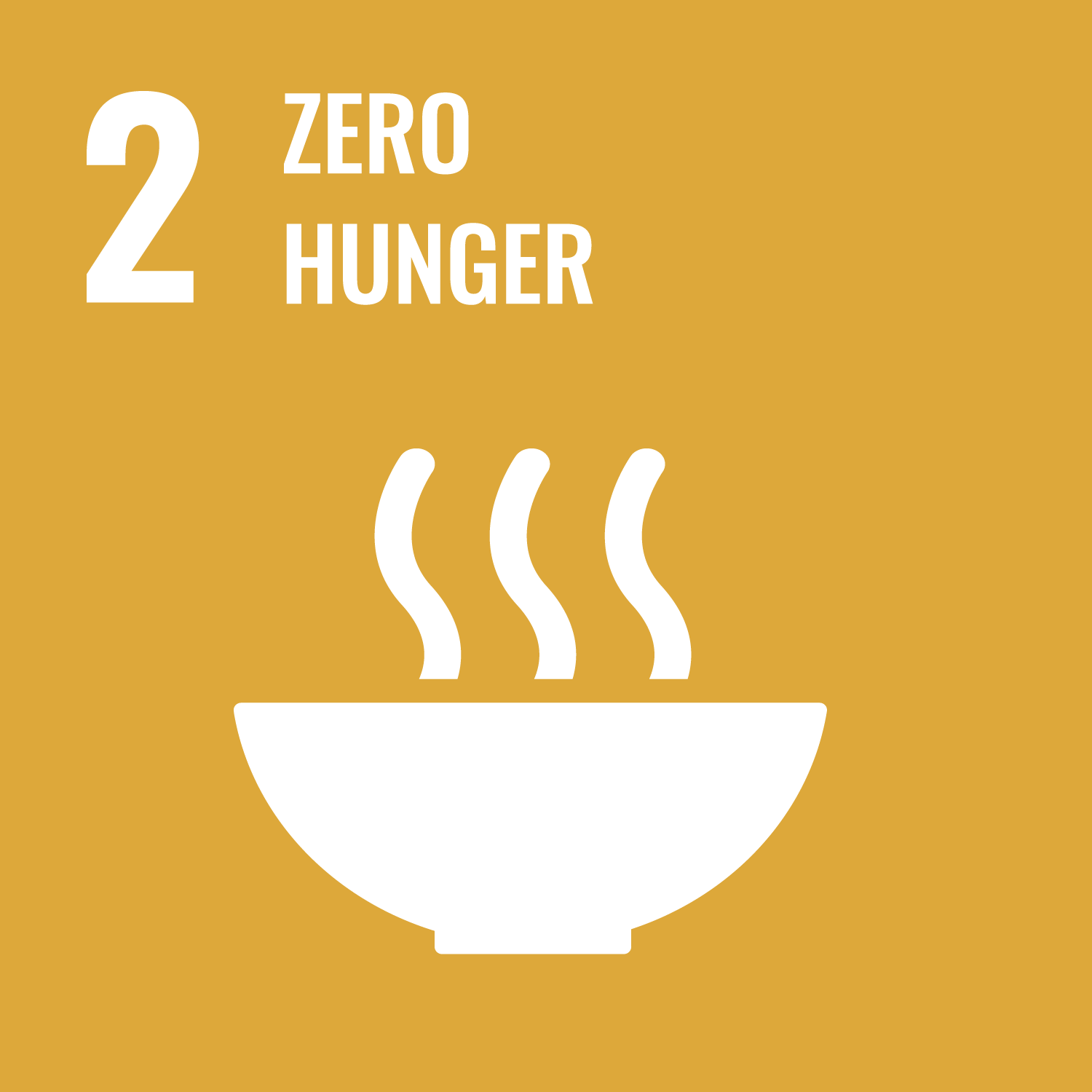
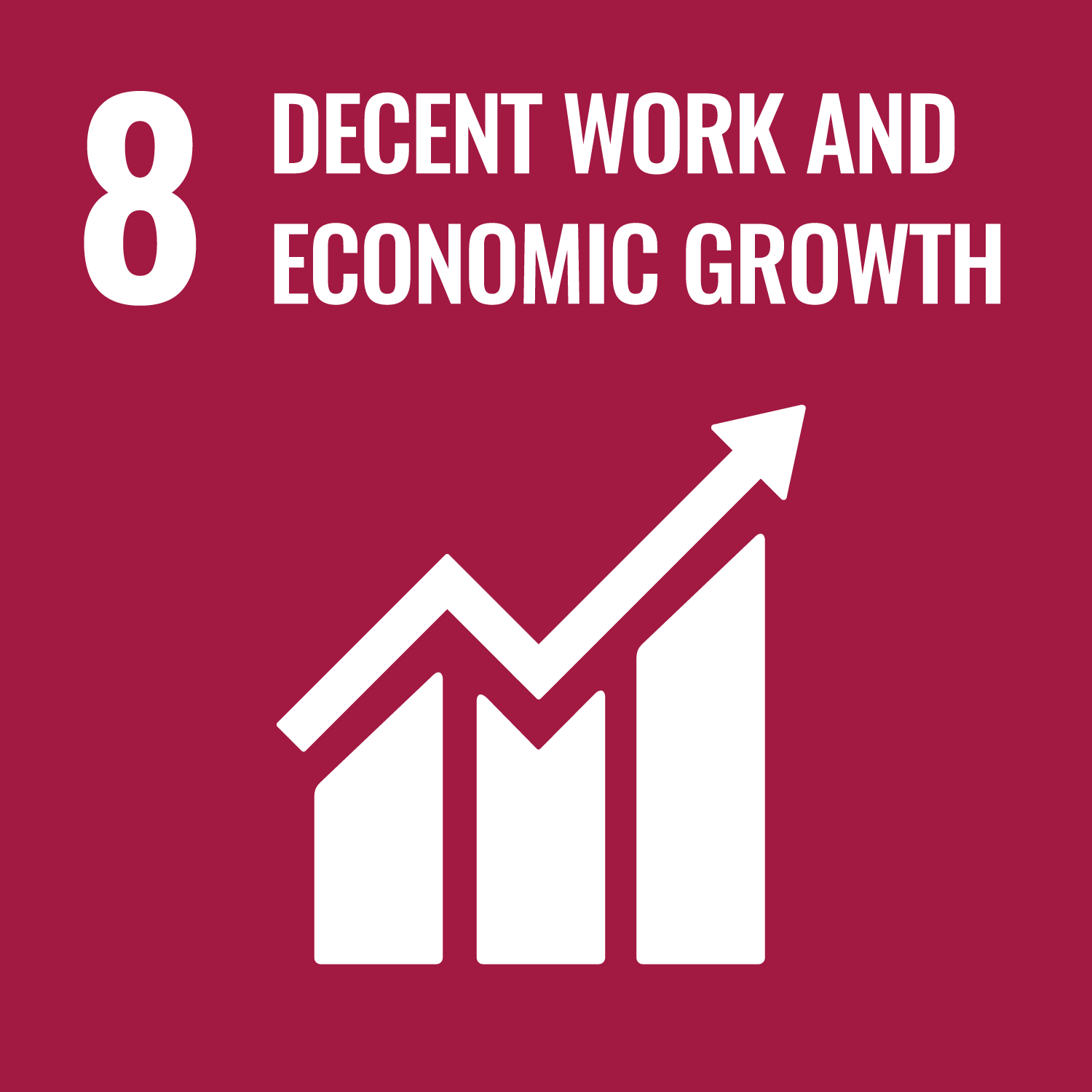
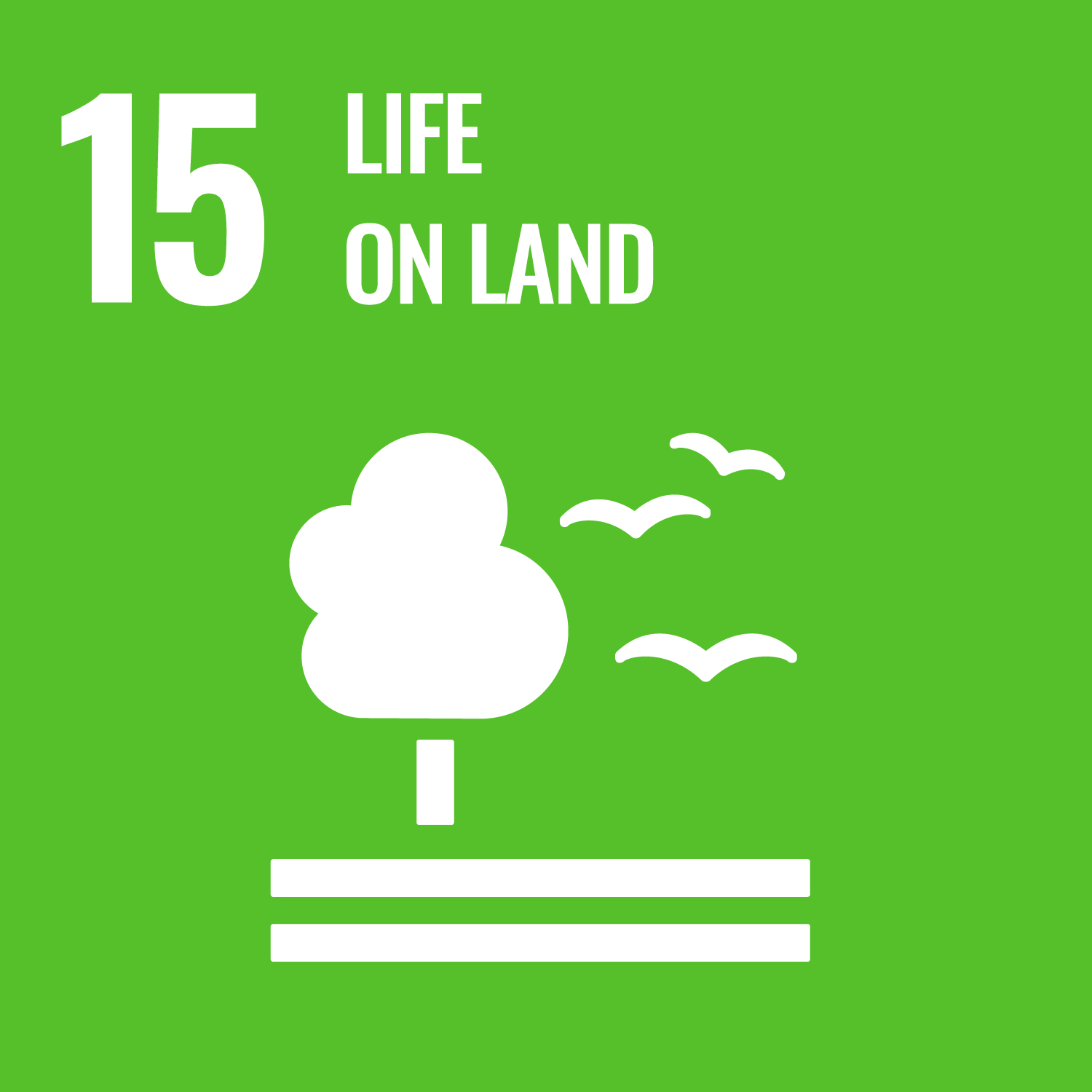
Next to the Northern Cross-Island Highway, Taoyuan City Fuxing Makino Bamboo Industry Development Association is always the important production site of Taiwan Makino Bamboo. During the heyday of the bamboo industry, the Northern Cross Highway and surrounding industrial roads were heavily traveled by trucks, transporting large bamboo materials to the processing plants, and bringing business and job opportunities to the area.
The Young People Face the Crisis and Advocate Sustainable Bamboo Logging
However, the Fuxing District in Taoyuan City is also a mountainous aboriginal district in the municipality and most residents are Atayal indigenous. According to the "Local Government Act", tribal autonomy and indigenous participation in the administrative district are guaranteed by the law. In 2016, "The Logging Ban Compensation for Lands Reserved for Indigenous People Act" was passed by the government. According to the Act, the forest owners could receive compensation for stopping logging if the authorities designated an indigenous reserve as a logging ban area.
After the Act launched, the Makino Bamboo industry in the Fuxing District has been significantly impacted, and many bamboo farmers abandon the logging industry and migrate to other cities for job opportunities. Therefore, a group of local young people advocated the importance of regular logging of the bamboo forests and hope to rescue the bamboo industry and prevent the exodus of the tribe's young people.
The Atayal couple Mr. Lin Zhi-ren and Mrs. Li Lu-zhu are the most active members of the young people group. They established Taoyuan City Fuxing Makino Bamboo Industry Development Association in 2017 to promote the concept that logging the bamboo forest can prevent the degradation of the bamboo forests and take care of the local industry. They also developed bamboo art and experiential tours, trying to make the bamboo industry in the Fuxing District reach a complete Tertiary Sector of "Bamboo Logging, Commodity Manufacturing, and Leisure Tourism."
"Makino Bamboo Forest is different than other forests. Once the shoots are planted, they don't have to replant but must log regularly so the forest doesn't grow disorderly." Mrs. Li Lu-zhu, the Executive Director of Taoyuan City Fuxing Makino Bamboo Industry Development Association, expressed that there are about 2,000 hectares of bamboo forest in the private indigenous reserved land in Fuxing District. In the heyday of Taiwan's Bamboo Industry, the logging teams thrived too. Until the 1970s, bamboo materials were gradually replaced by plastics and aluminum alloys, so the bamboo industry in Fuxing district declined too. Large young workforces moved out for jobs since there were no jobs in their hometown.
Before and after 2000, the trends of environmental protection rose. The bamboo products were again favored by consumers so the Bamboo Industry was revived in Fuxing District too. The young people finally have the job opportunity to join the logging team back to their home village.
Mrs. Li Lu-zhu and her husband Mr. Lin Zhi-ren are the returning young people with the environmental protection trends. To organize the logging team, they applied for a Youth Business Start-up Loan from the government and purchased a 26-ton truck by investing millions of dollars. However, the logging team only thrived for a while, then the government introduced "The Logging Ban Compensation for Lands Reserved for Indigenous People Act" which caused another setback to the bamboo industry. The couple didn't want Fuxing bamboo industry to disappear, so they advocate the importance of regular bamboo logging from place to place.
Record Industry Literature and Accumulate Upgrading Content
Fuxing Makino Bamboo Industry Development Association was founded with four purposes "To protect the rights of bamboo farmers, to improve the knowledge and skills of bamboo farmers, to improve the livelihood of tribe people, and to promote the Makino Bamboo Industry and indigenous cultures preservation," in which hope to upgrade the local industry and improve the resident's income.
The Association focuses on promoting the concepts in the first two years. The couple participated in many industry introductions and seminars. They joined the "Indigenous Village Cultural Development Project" of the Ministry of Culture in 2019 to create visual and written records for the Fuxing Bamboo Industry and to accumulate local historical literature.
The bamboo logging team must have skills in logging, GPS positioning, aerial photography, hanging cages, etc. Because the bamboo is often harvested with scythes, the crews are nicknamed "Bamboo scythe gang" in the mountains. Mrs. Li laughed to say that the logging team was only upstream of the bamboo industry and didn't be seen. But after the interviews and records, outsiders gradually understood what they were doing.
In addition to recording the literature, the Association also organized workshops that invited elders and craftsmen to teach traditional Atayal bamboo construction techniques and bamboo weaving techniques to the residents, accumulating energy to upgrade the industry.
Focus on Tours and Crafts, and Create a Tribal Brand
In order to find a business model, the Association joined the Economic Type Multi-Employment Promotion Program (MEPP) of the Ministry of Labor (MOL). The MOL subsides the salaries of one professional project manager and three operation promoters to develop local experiential activities and bamboo craft products to attract professional experts from all fields to upgrade the local industry.
The revenue key of the Association's business model is "Experiential Activities" and "Craft Products."
As for the Experiential Tour, the Association offers "Qapu Bamboo x Light Agri-tour", a one-day and a two-day Fuxing Tribe tour. The tour includes Logging Works, Bamboo Crafts, and Food and Agricultural Education. The tour guide first leads visitors to experience bamboo logging, pulling, and digging bamboo shoots and then teaches them how to make bamboo utensils and toys. In the end, all the visitors will make millet wine, bamboo rice, banana cake, millet marinated meat, and other traditional Atayal food together, which is well received by the participants.
Mrs. Li was optimistic that the "Qapu Bamboo x Light Agri-tour" experiential activity would bring business opportunities. However, the plan was disrupted by the COVID-19 pandemic starting in 2020. The tribe people didn't like outsiders visiting to prevent the epidemic, so the numbers of participants in the "Qapu Bamboo x Light Agri-tour" were not as expected.
It is fortunate that the Association responded fast to shift the business to producing bamboo crafts and made good progress. It has not only launched its brand "Qengay na Bamboo" which focuses on traditional Atayal bamboo earrings but also developed business opportunities for OEM production.
"Qengay" pronounces like "Genna" which means "Earring" in the Atayal language and whether men or women would all wear them. Mrs. Li said the Association makes use of the bamboo tails which were discarded by the logging team for the accessories to achieve the "whole bamboo utilization" goal. The Association hopes to promote Bamboo Earrings as tourist souvenirs. In addition to opening a shop in Daxi, Taoyuan City, it also often sets up booths at creative markets around cities to increase visibility.
In addition to bamboo earrings, the Association also produces products like bamboo utensils, containers, rice sieves, toys, and musical instruments to promote the brand widely. It is worth mentioning that the Association also cooperated with the "Tumbler School," an organization that promotes power walking, to produce bamboo walking sticks which successfully increases its income and supports local employment.
Looking to the future, Land is the Opportunity
Mrs. Li is very satisfied with all the achievements which the Association has achieved since its establishment in 2017.
"To face the impact of the COVID-19 pandemic, we adjust the key operations very flexibly and reached the initial results of promoting the Makino bamboo industry and the preservation of indigenous culture." Mrs. Li says parts of the bamboo forest owners notice the bamboo forests are hard to restore the clean and beautiful scene once they are discarded for too long, so now they are inviting the logging team to cut bamboo for them.
Looking to the future, the Association is stepping toward self-sufficiency. It established a cooperative in 2021 to ask like-minded forest owners to join and increase the competition in Fuxing Makino Bamboo Industry.
"Most of our tribe's young people didn't want to move out for living if there has local industry in their hometown." Mrs. Li says she wanted back to her hometown for living with her husband, so they had no doubts to advocate the idea and operation of the Fuxing Makino Bamboo Industry.
"Land is the opportunity of our tribe! If the local village could establish a viable business model for the local industry, not only can the culture be passed on, but jobs can be created immediately, and the tribal generations can continue to prosper!" Mrs. Li encourages the young people who want to return to the indigenous villages to first finger out the local niche and then do the local business down to the earth. Although the process must be hard, once you contribute, you and your home village will receive the opportunity back to the prosperity again!
Taoyuan City Fuxing Makino Bamboo Industry Development Association Facebook Page
The meaning of young people returning home village to start their business is not only to build up a business but also to review the elderly who hardly created homelands and continuously pass the tribe's legacy and value.
~Mrs. Li Lu-zhu, the Executive Director of Taoyuan City Fuxing Makino Bamboo Industry Development Association
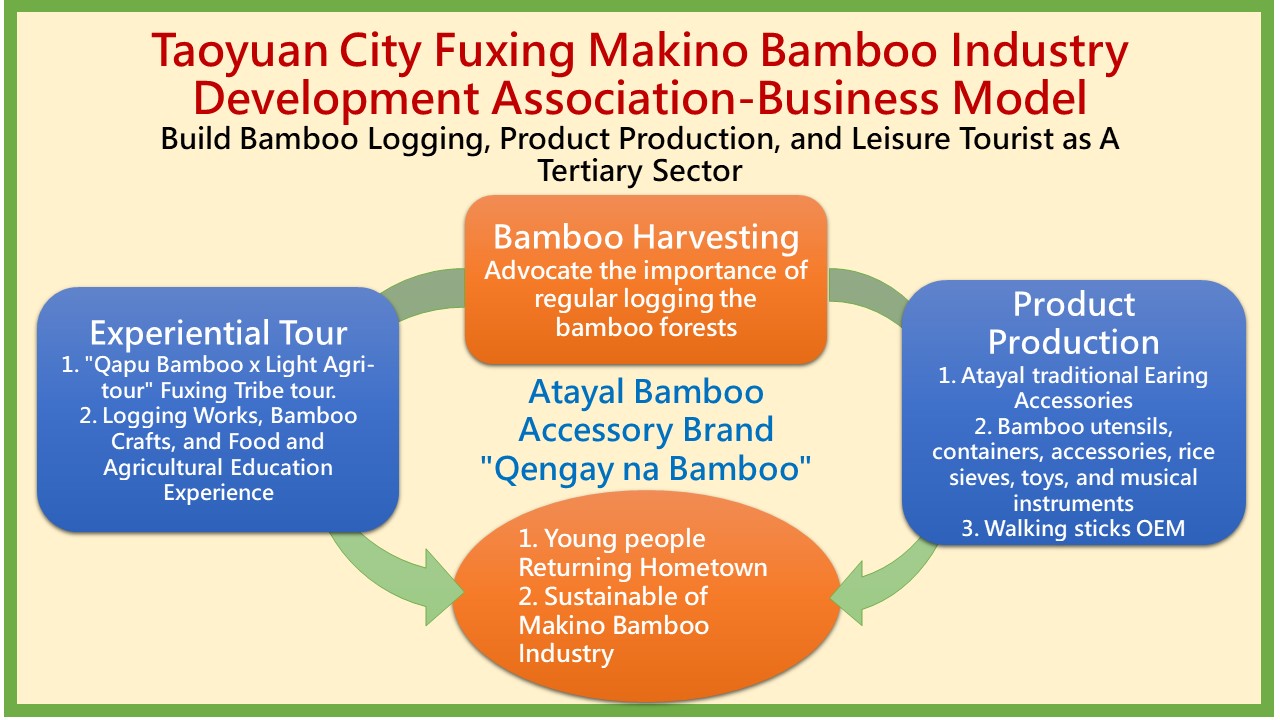
▲Business Model
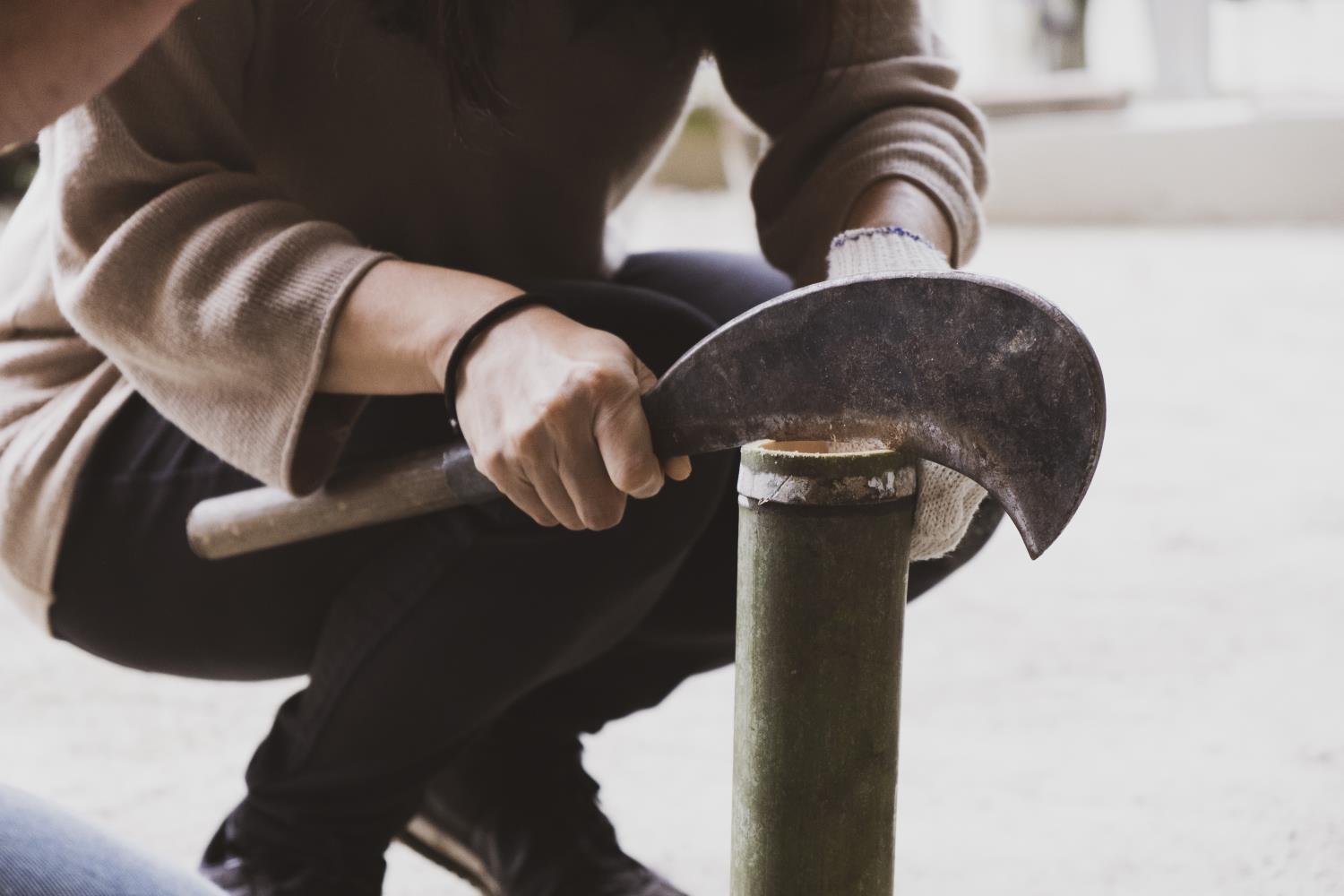
▲The bamboo is often harvested with scythes, the crews are nicknamed "Bamboo scythe gang." Fuxing Makino Bamboo Industry Development Association advocates the importance of regular logging bamboo and records the history and development of the bamboo industry
▲Fuxing Makino Bamboo Industry Development Association organized workshops that invited craftsmen to teach bamboo weaving techniques, accumulating energy to upgrade the industry
▲Fuxing Makino Bamboo Industry Development Association has launched its brand "Qengay na Bamboo" which focuses on Atayal traditional bamboo earrings and hopes to promote them as tourist souvenirs
Case Story: Multi-Employment Promotion Program
Interviewee: Taoyuan City Fuxing Makino Bamboo Industry Development Association (Taiwan Makino Bamboo)
![]()
This work is licensed under a Creative Commons Attribution-NoDerivatives 4.0 International License.
Please attribute this article to “Workforce Development Agency, Ministry of Labor.”
